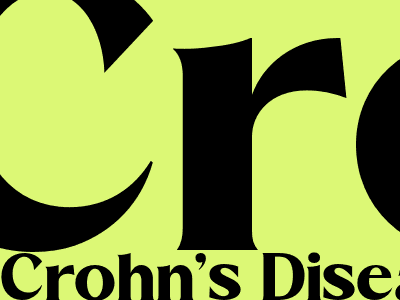Crohn's Disease: A Comprehensive Guide for Understanding, Diagnosis, and Treatment
Understanding Crohn's Disease
Crohn's disease is a chronic inflammatory bowel disease (IBD) that primarily affects the gastrointestinal tract. IBDs are a group of conditions that cause chronic inflammation of the digestive system. In the case of Crohn's disease, the inflammation can affect any part of the digestive tract from mouth to anus. The disease often causes abdominal pain, diarrhea, weight loss, and malnutrition.Crohn's disease is a lifelong condition, but with proper treatment, most people can live full and active lives. The exact cause of Crohn's disease is unknown, but it is believed to be caused by a combination of genetic and environmental factors.
Symptoms of Crohn's Disease
The symptoms of Crohn's disease can vary depending on the severity of the inflammation and the location of the affected area. Common symptoms include:- Abdominal pain
- Diarrhea
- Weight loss
- Malnutrition
- Fatigue
- Fever
- Blood in the stool
Diagnosis of Crohn's Disease
There is no single test that can diagnose Crohn's disease. The doctor will typically ask about symptoms, medical history, and family history. A physical examination will be performed to check for signs of inflammation, such as abdominal pain or swelling. Blood tests and stool tests may be ordered to rule out other conditions.In some cases, a colonoscopy may be recommended to get a better view of the digestive tract. A colonoscopy is a procedure in which a thin, flexible tube with a camera on the end is inserted into the rectum and colon. The camera allows the doctor to see the lining of the digestive tract and take biopsies (small tissue samples) for further examination.
Crohn's Disease Treatment
There is no cure for Crohn's disease, but there are a variety of treatments that can help to control the symptoms and prevent complications.- Medications: There are a number of medications that can be used to treat Crohn's disease, including anti-inflammatories, immunosuppressants, and biologics.
- Diet: A healthy diet is important for people with Crohn's disease. Eating a variety of fruits, vegetables, and whole grains can help to provide the nutrients that are needed for good health. It is also important to avoid foods that trigger symptoms.
- Surgery: Surgery may be necessary to remove damaged areas of the digestive tract or to repair complications of Crohn's disease.

Comments